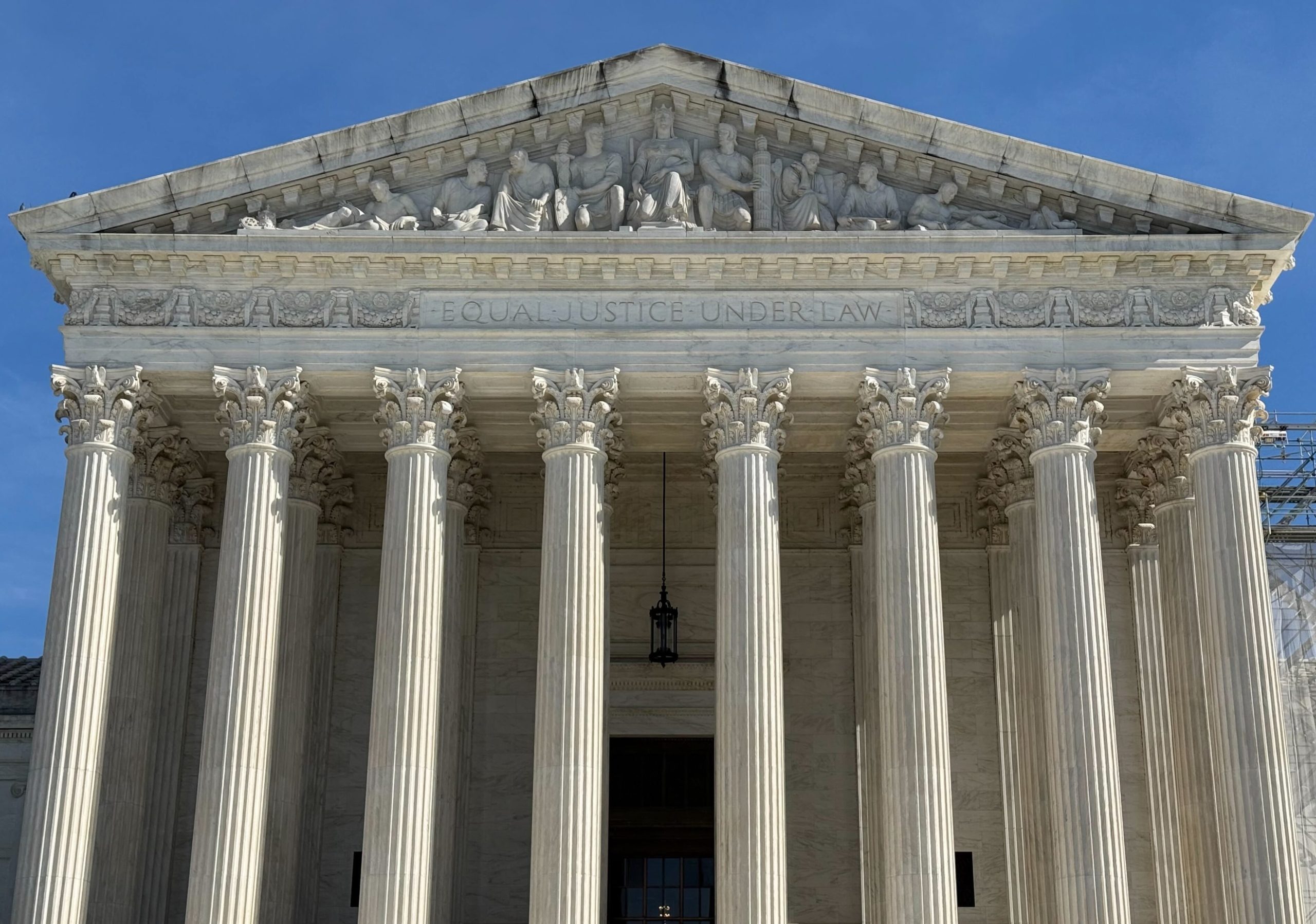Supreme Court Considers Challenges to Trump’s Use of Alien Enemies Act
on Apr 1, 2025
at 7:14 pm

The government came to the Supreme Court on March 28. (Katie Barlow)
Background of the Case
On March 28, lawyers representing individuals allegedly affiliated with the Venezuelan gang Tren de Aragua (TdA) petitioned the Supreme Court to uphold a lower court ruling. This ruling, issued by U.S. District Judge James Boasberg, prevents the federal government from deporting these individuals under the Alien Enemies Act (AEA), a law traditionally utilized during wartime.
Claims Regarding Gang Designation
In a detailed 39-page filing, the plaintiffs indicated concerns about the accuracy of the government’s designations. They argued that many among those deported to El Salvador on March 15 were misidentified as gang members primarily due to their tattoos, asserting that the ruling from Judge Boasberg is critical for protecting innocents from wrongful deportation to harsh conditions in foreign prisons.
Presidential Executive Order
The executive order that initiated this case was signed by President Donald Trump on March 15 and specifically targets members of Tren de Aragua. This order aimed to expedite the removal of designated noncitizens without a hearing, invoking the AEA to justify the actions.
The AEA, enacted in 1798, allows the president to detain or deport citizens of enemy nations without judicial review during times of declared war or significant conflict.
Legal Developments
In response to the executive order, five Venezuelans in immigration detention filed a lawsuit in Washington, D.C. Judge Boasberg temporarily halted the deportations for 14 days while legal proceedings were underway. During this time, he ordered that any ongoing deportation flights return to the United States. Despite this ruling, reports emerged that over 200 individuals had been sent to maximum-security facilities in El Salvador.
Arguments Presented to the Supreme Court
On March 28, the government appealed to the Supreme Court, asserting that Boasberg’s injunction could disrupt sensitive diplomatic negotiations and national security operations aimed at mitigating the risk posed by TdA within U.S. borders.
The plaintiffs countered that maintaining the lower court’s order would not pose any significant harm to the government, as it continued to remove others identified as gang members using different legal methods. They also emphasized the critical need for judicial review, noting the potential for irreversible harm faced by those wrongfully labeled as gang members.
Conclusion and Implications
The plaintiffs argued that the use of the Alien Enemies Act in this context is not justifiable, as it relates more to criminal gang activity rather than military conflict. They insisted that disputing their designations through habeas corpus would be impractical given the government’s stance on notification requirements.
This case raises not only questions about immigration law and national security but also the legal frameworks employed in such contexts. The Supreme Court’s decision will play a pivotal role in addressing the balance between national security and the rights of individuals facing potential deportation.

